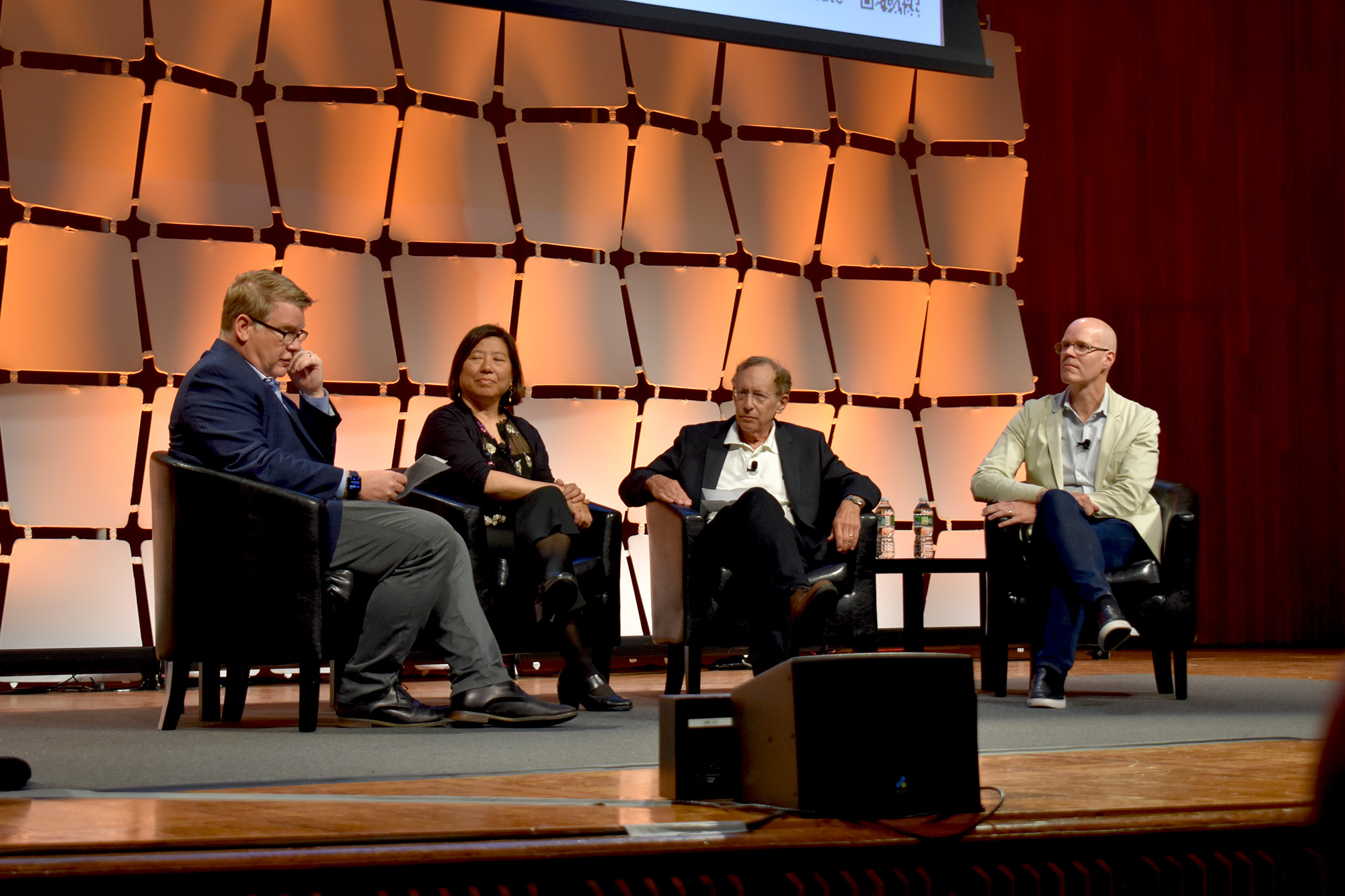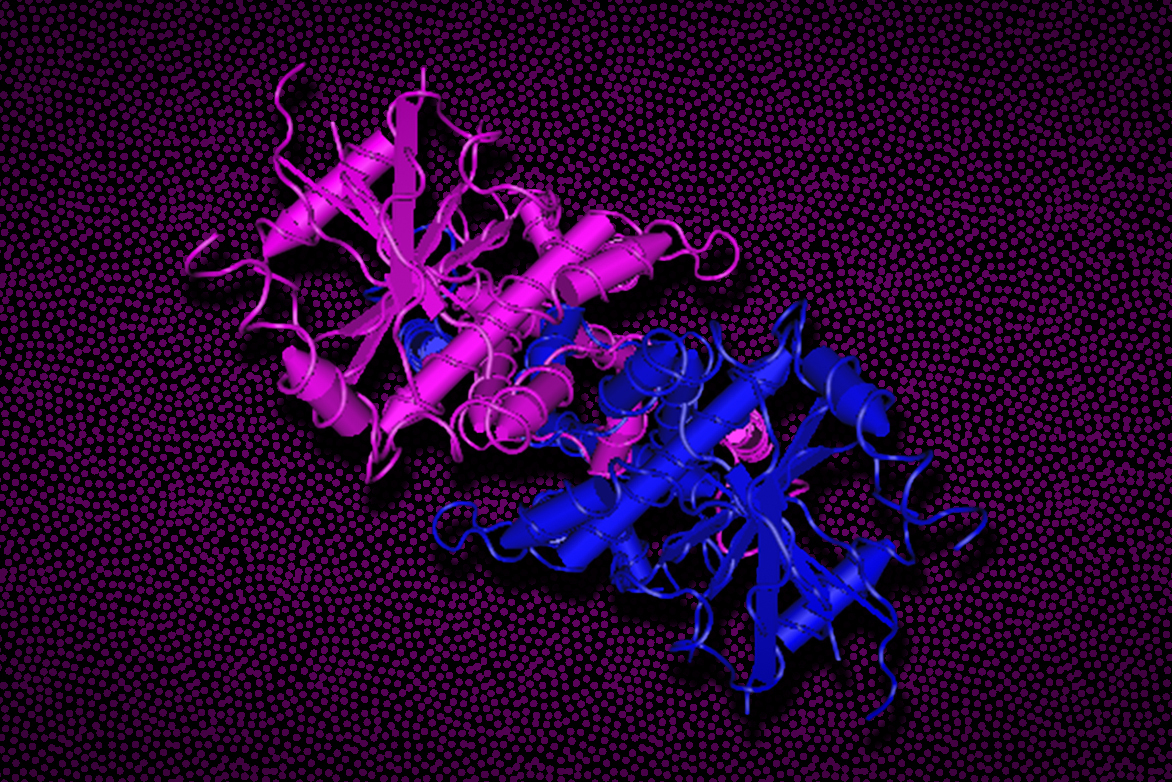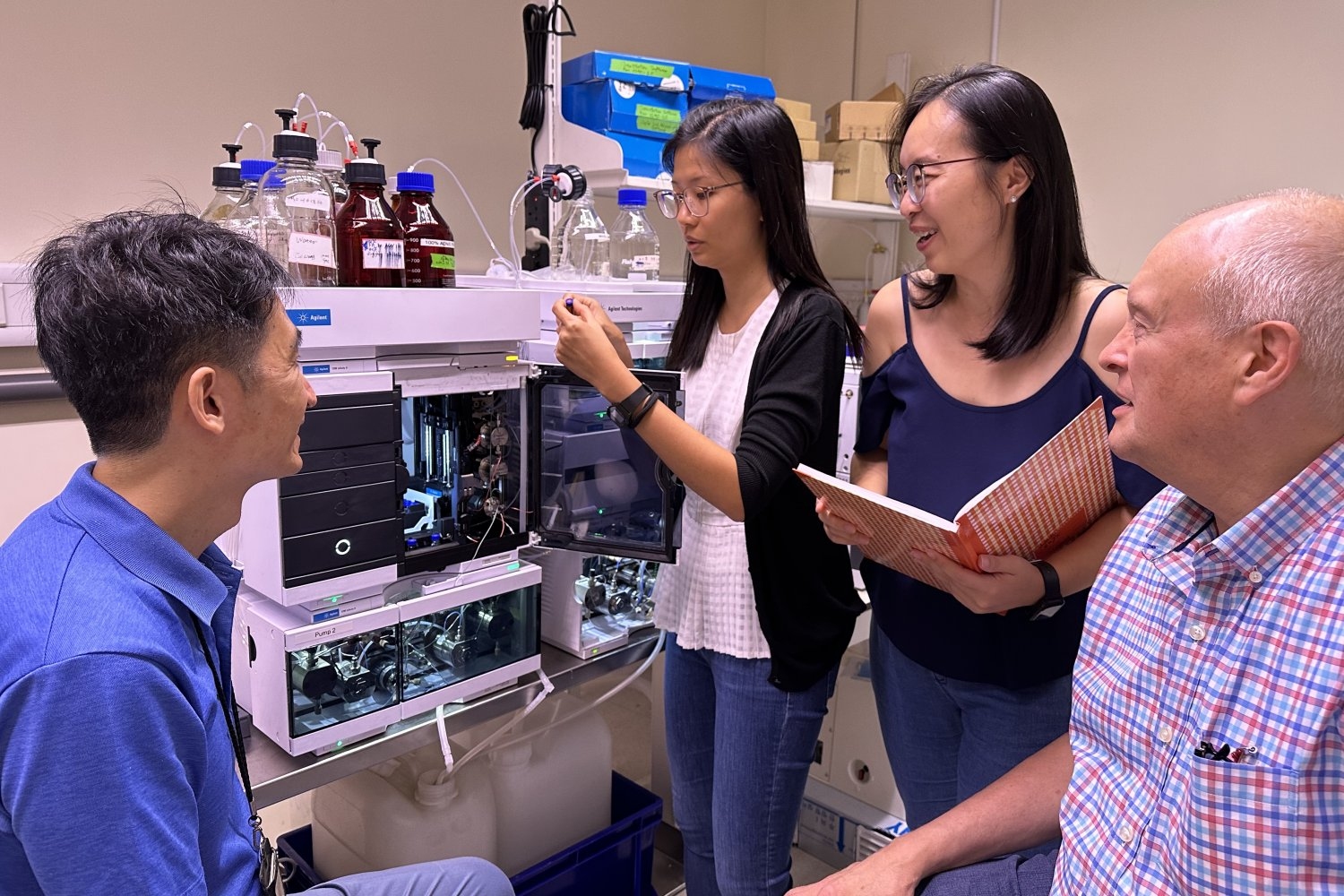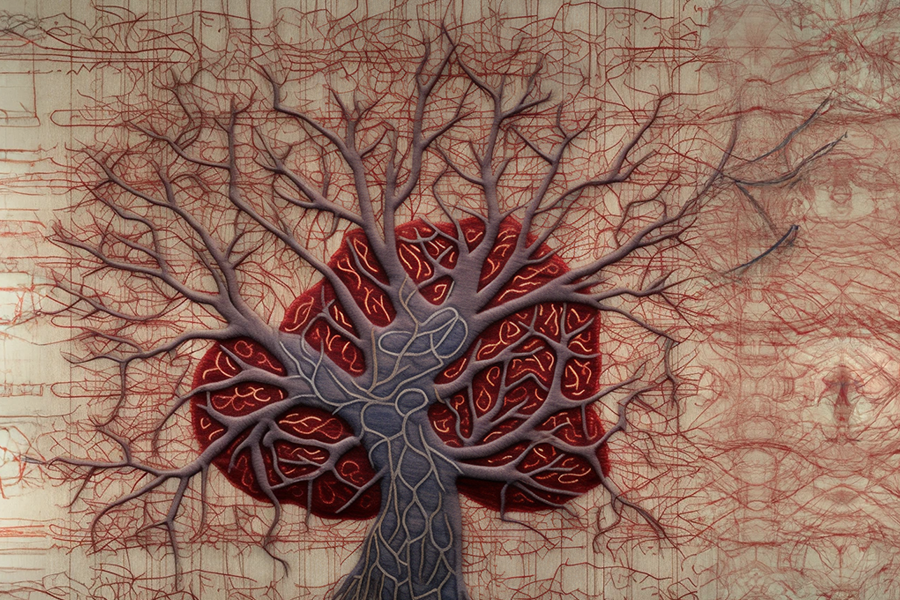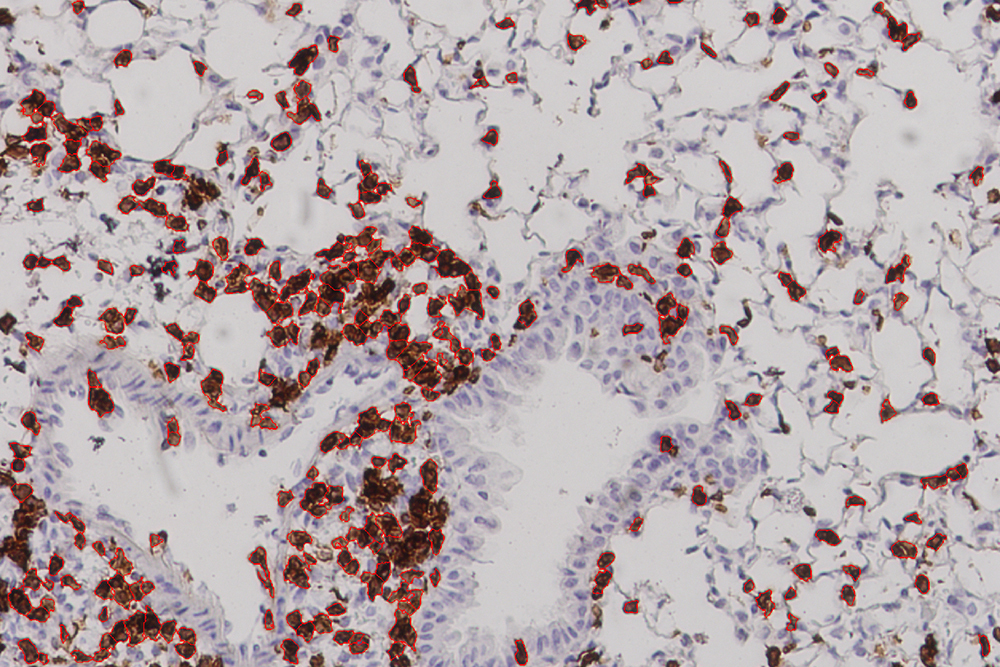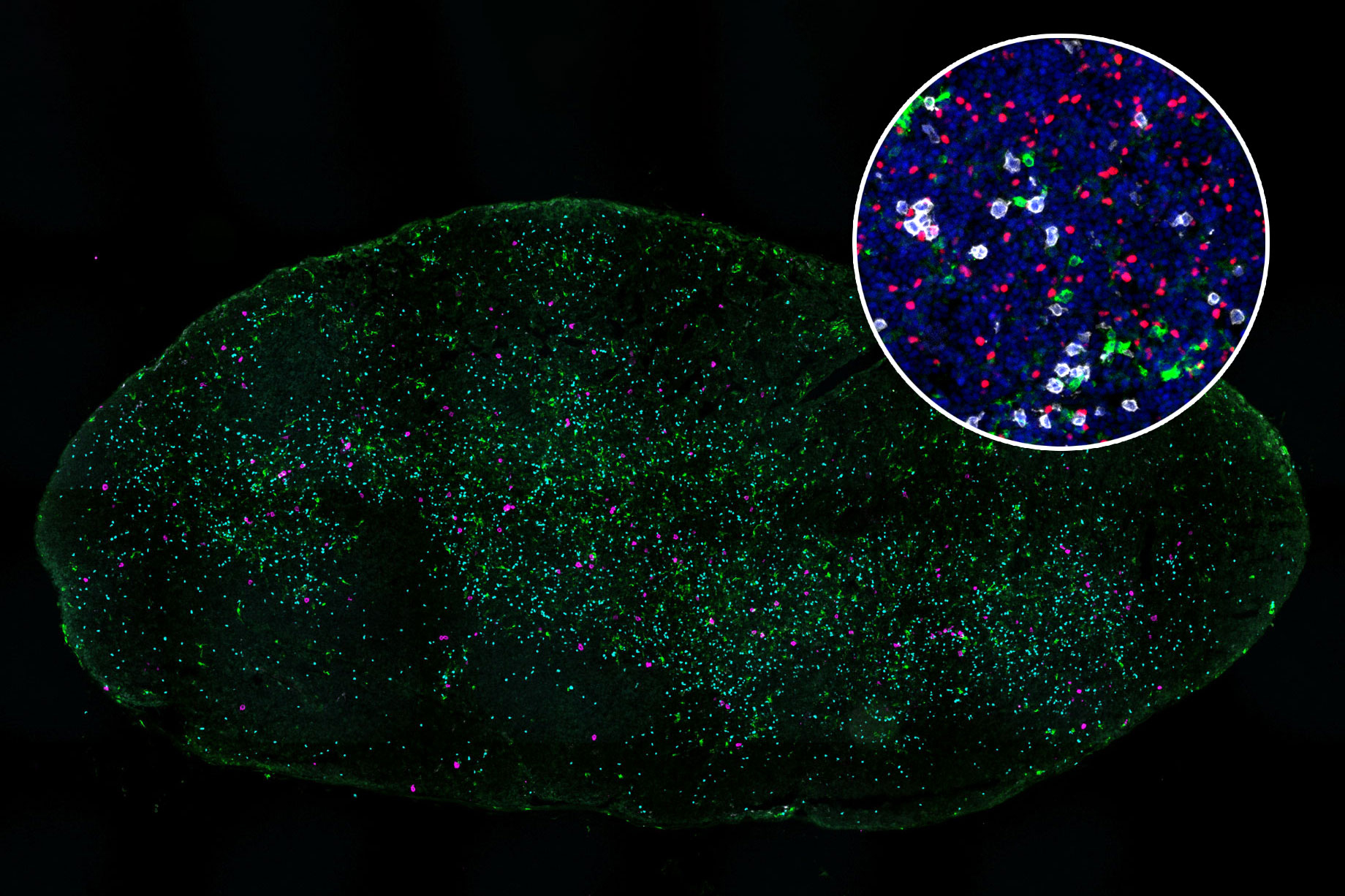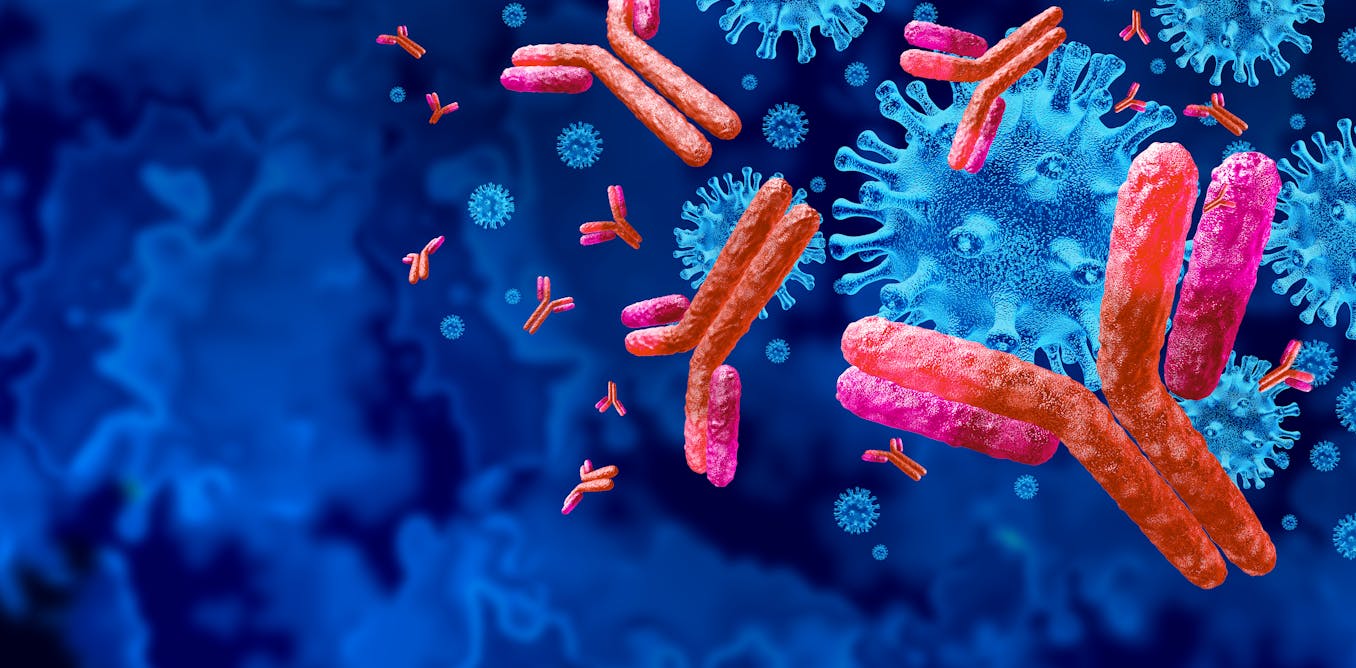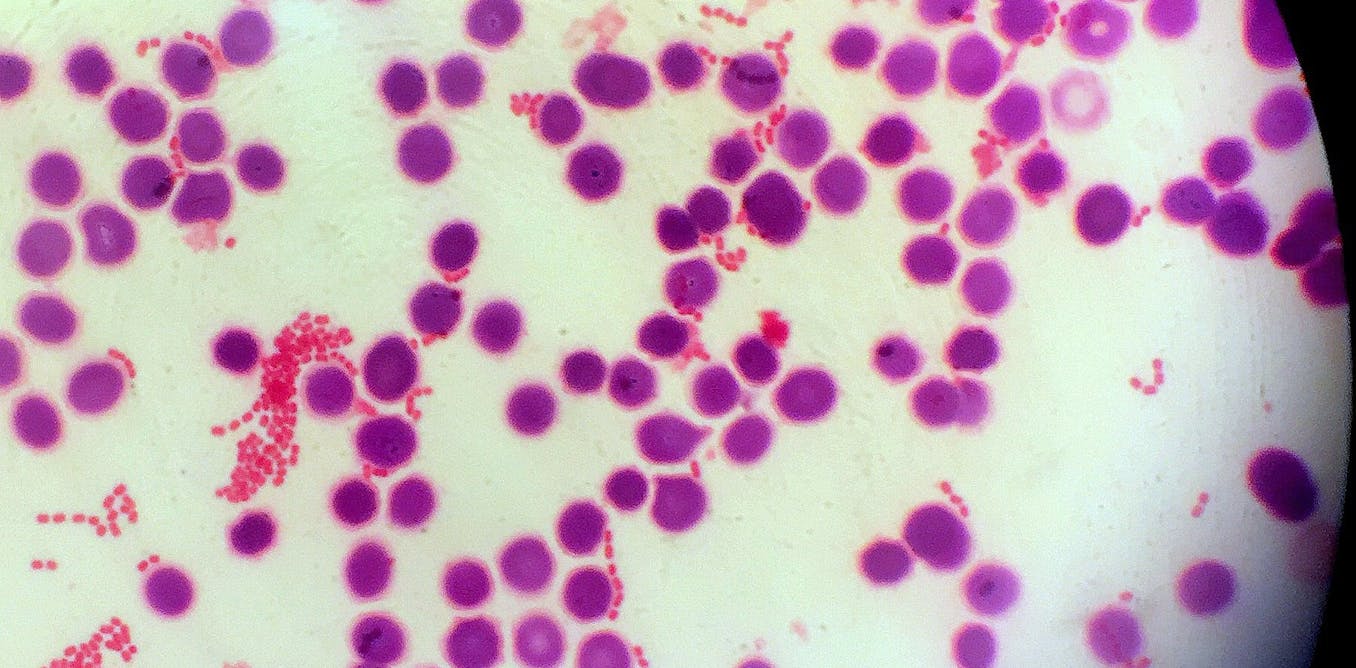Immune cells that fight cancer become exhausted within hours of first encountering tumors – new research
T cells recognize and kill cancer cells but quickly lose their effectiveness. This fast dysfunction may help explain why immunotherapy doesn’t lead to long-term remission for many patients.
Michael Rudloff, MD-Ph.D. Candidate in Molecular Pathology and Immunology, Vanderbilt University
• conversation
Aug. 3, 2023 • ~6 min
Aug. 3, 2023 • ~6 min
Atlas of human brain blood vessels highlights changes in Alzheimer’s disease
MIT researchers characterize gene expression patterns for 22,500 brain vascular cells across 428 donors, revealing insights for Alzheimer’s onset and potential treatments.
Rachel Gordon | MIT CSAIL •
mit
June 21, 2023 • ~17 min
June 21, 2023 • ~17 min
Even bivalent updated COVID-19 boosters struggle to prevent omicron subvariant transmission – an immunologist discusses why new approaches are necessary
The new bivalent boosters against COVID-19 have failed to halt omicron infections. However, new technologies are being developed that pave a way forward.
Matthew Woodruff, Instructor of Human Immunology, Emory University •
conversation
Jan. 25, 2023 • ~10 min
Jan. 25, 2023 • ~10 min
Sepsis is one of the most expensive medical conditions in the world – new research clarifies how it can lead to cell death
An overactive immune response to infection can be deadly. Studying how one key player called tumor necrosis factor, or TNF, induces lethal immune responses could provide new treatment targets.
Hayley Muendlein, Research Assistant Professor of Immunology, Tufts University •
conversation
Dec. 23, 2022 • ~7 min
Dec. 23, 2022 • ~7 min
/
10

